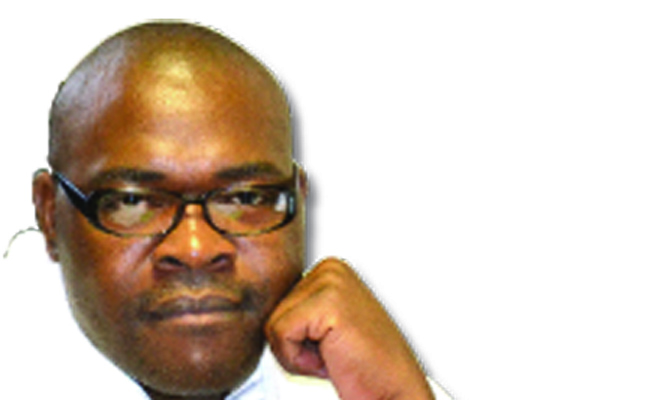
LAST week I wrote about how religion is partly contributing to African poverty. In that instalment, I raised two key arguments. Firstly, that religion promotes over-reliance on miracles than production and development.
In fact, it submits people’s role in developing their lives in the hands of God implying that instead of working for what we need, we must just pray for it and it will come just like that.
My second point was that, even for those who have opted to work hard and earn from their sweat, African post-independence religion shuns opulence unless it is located within space from which it benefits. It makes it a sin to succeed and associates it with some unholy supernatural powers unless one is a member of a religious institution. That again, is the main source of our lack of development.
The subject of religion has always been very sensitive as it is too close to people’s hearts and belief systems. It is the base from which most people derive their identities and faith and that is why it is in most cases regarded as taboo to discuss, unless one is praising it. But religion has become a humongous institution again which cannot evade public scrutiny.
In this instalment, I wish to present the contrasts between the period of the Industrial Revolution and today. In the West and partly in Africa, prior to the Industrial Revolution, religion was integrated within political governance structures. Tithe was paid to the governing institution that was charged with both political and religious leadership responsibilities. This money was for purposes of taking care of orphans and widows and developing and maintaining the land.
That time, then the money given to these religious institutions had a developmental function. But with the emergence of capitalism, people demanded separation between these two institutions. That meant that religious and monarchical institutions became independent from democratic political administrations. Taxes and tithes continued to be paid to sustain the separated institutions.
At the time, capitalism’s argument was that religion was slowing down progress because of its conservativeness in nature and that it didn’t allow democracy and access to the best brains to lead society. So democracy and religion broke away with capitalism sustaining the former and congregants the latter.
This became the basis from which most developed countries, especially in the West, pursued capitalism and democracy. With freedom handy, people were able to explore their capabilities to be innovative and creative in seeking to address the problems of the day while having the ability to demand accountability from their governments. And religion has remained a moral reference reminding people of their humanly terms of reference. One provided development and progress which we all yearn for today, while the other offers social and moral stability and spiritual reference.
- Chamisa under fire over US$120K donation
- Mavhunga puts DeMbare into Chibuku quarterfinals
- Pension funds bet on Cabora Bassa oilfields
- Councils defy govt fire tender directive
Keep Reading
Fast-forward from the past two to three centuries, the realities have changed. In Africa, the belief in religion has grown stronger than the confidence in governments. Religion has become the safe haven for many troubled minds largely on the assumption that prayer and miracles will deliver people from their earthly troubles and usher them into the next life. On account of that narrative, religious institutions are thriving more than, and in some cases usurping the power and role of, the governments.
Picture this, in a highly religious country like Zimbabwe, religious institutions most likely collect more monthly income than the government and yet the latter carries an obligation to develop the country than the former. In general, governments need the money to ensure good roads, clinics, energy and water and sanitation supplies needed for a functioning society.
However, in today’s world, a believer is most likely going to make all required contributions and donations to their religious institutions, supposedly, to avoid sin and dent their chances of entering the eternal world than pay tax.
While African governments have a lot to do to clear their images on why their countries have lagged behind on development, it cannot be disputed that the huge chunk of money that goes into the pockets of religious leaders would help address some of the problems we are facing today if that money had gone into government coffers. If only that money can be used to buy medicines, build schools and clinics, roads and energy, we would be in a better place but hey it is “their” money not “ours” once it gets into their pockets.
Of course, the general argument is that governments are corrupt and even if the money goes into their coffers, it would not change much in terms of social development. But the fact is that they owe it to the people to be accountable, transparent and the people can demand development from them. It is not the same with religious leaders, because the left hand must not get involved in the business of the right hand.
In other words, one cannot demand accountability once they make a contribution to their religious institutions because doing so is seen as a sin. Transparency and accountability, the same freedoms that capitalism demanded during industrialisation, have no place in today’s religion.
●Tapiwa Gomo is a development consultant based in Pretoria, South Africa











